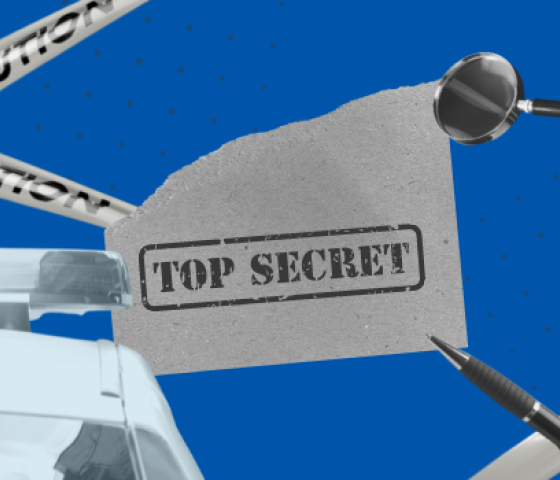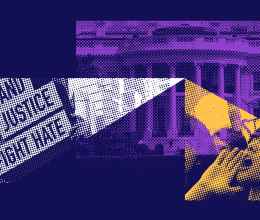When signed into law in July, the mandatory professional licensing of police officers marked an achievement nearly 20 years in the making. New Jersey became the 47th state to require police officers to be licensed before they can carry a badge, mandating standard criteria for training and a decertification process when officers abuse their power.
The new licensing law shows what we’re capable of when we unite to check police power. It also reminds us how much further we need to go.
Leading advocates in New Jersey united to issue a call to lawmakers on September 30, 2022, letting them know: the licensing law is more than a milestone. It is a foundational step toward full police accountability and transparency through legislative action.
From the advocates’ letter to lawmakers:
“Police licensing and the ability to decertify officers for misconduct is an essential first step. But there is more work to be done.”
Advocates and fellow members of New Jersey Communities for Accountable Policing, a statewide grassroots coalition working to stop injustices of policing, signed the letter, along with 26 organizations and activists.
New Jersey Communities for Accountable Policing is a coalition consisting of: ACLU of New Jersey, Antiracism in Action, Black Community Watchline, Black Lives Matter NJ, Black Lives Matter Paterson, Faith in New Jersey, Innocence Project, Integrated Justice Alliance, Ironbound Community Corporation, Latino Action Network, League of Women Voters, Make the Road New Jersey, New Jersey State Conference NAACP, Newark Branch NAACP, New Jersey Institute for Social Justice, New Jersey Policy Perspective, New Jersey Prison Justice Watch, Office of the Public Defender, Our Revolution – Trenton Mercer, People’s Organization for Progress, Salvation and Social Justice, Southern Burlington County NJ NAACP, National Association of Social Workers – New Jersey Chapter, Partners, NJ Coalition to End Domestic Violence (NJCEDV), and 32 BJ SEIU
Licensure is an important accountability tool – but it is not the full solution. The fact that licensing already existed in 46 other states shows that it is not a cure-all for pervasive police injustices.
A tangled knot of laws, policies, and systemic racism produced and maintains a culture of impunity in policing. The work of unraveling it requires a multitude of overlapping laws and strategies designed to protect people from police power.
In the letter, activists listed policies that lawmakers have a moral imperative to pass:
“We believe that community involvement in police oversight, the elimination of qualified immunity, and a ban on chokeholds are all part of reforming unfair practices that for too long have protected bad officers from scrutiny and accountability.”
These bills, currently being considered by the legislature, are crucial:
- S371/A996 would make police disciplinary records available through the Open Public Records Act.
- S2295/A1515 would enable local communities to create civilian complaint review boards, or CCRBs, equipped with the ability to receive police complaints, subpoena power, the authority to investigate concurrently with internal affairs, and power to recommend discipline.
- S375/A1006 would reform qualified immunity, a legal doctrine that has made it nearly impossible to obtain financial damages against the government for violations of an individual’s civil rights, including when officers kill someone.
- George Floyd’s Law, A2431/S265, confronts excessive use of force by criminalizing chokeholds.
No single law, including strong accountability measures like licensing, can undo the excessive power of police that has metastasized over decades. But with every new law, we get closer. That’s why we need lawmakers to pass these bills as soon as possible. The Legislature stalled on licensing for decades, and that can’t happen again. Accountability, transparency, and strong civilian oversight cannot wait. Our elected officials must act.






